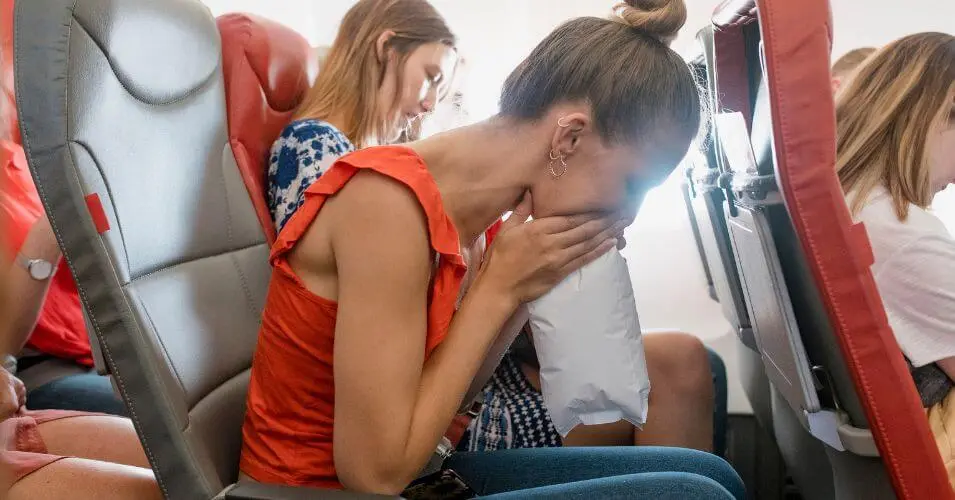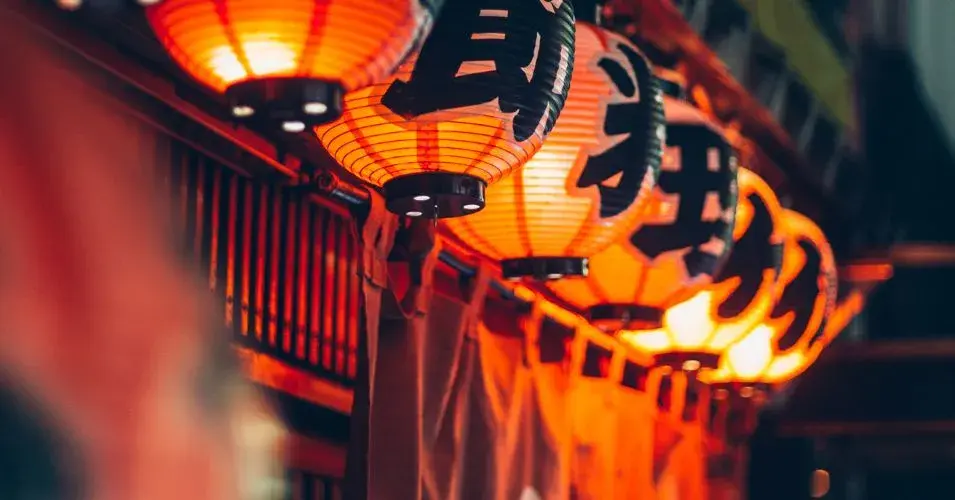Simple Tips for How To Deal With Travel Anxiety
Do the mere thoughts of airports, crowded planes, or unfamiliar destinations send shivers down your spine?
You're not alone. Millions of people worldwide experience travel anxiety, that unsettling mix of worry, fear, and physical discomfort that threatens to derail the joy of exploration. But with the right tools and tricks, you can transform travel anxiety from a roadblock into a stepping stone to incredible experiences.
Let's take a look at some simple tips for how to deal with travel anxiety.
Understanding Your Travel Anxieties
The first step to overcoming any obstacle is understanding it. By understanding some of the common triggers of travel anxiety you can equip yourself with the knowledge and tools to effectively manage and overcome it!
So first, let's take a look at some of the most common triggers of travel anxiety.
Fear of the Unknown
Stepping outside your comfort zone can be intimidating. Unfamiliar cultures, languages, and environments can trigger apprehension. However, it's important to acknowledge that these fears are normal and that many travelers have experienced the same emotions. By educating yourself about your destination, you can gain a sense of familiarity and help manage the fear of the unknown.
Claustrophobia
Oftentimes, enclosed spaces like airplanes or crowded transportation can induce a sense of panic which can be extremely unsettling for many people. If you struggle with claustrophobia, it can help to learn relaxation techniques such as deep breathing exercises or visualization. These techniques can help you calm your mind and focus on the present moment, which can help reduce the anxiety associated with enclosed spaces.
Loss of Control
Feeling like you're not in charge of your situation, especially when it comes to flying can be a major source of anxiety. In fact, a fear of flying or aerophobia affects a large percentage of adults in the US. This can become even more pronounced with unexpected delays or mishaps, which only heighten anxiety. To regain a sense of control, it's important to prepare as much as possible before your trip. This may include having a plan for staying calm should anything unexpected happen with your trip. By being prepared, you can minimize the chances of feeling helpless and increase your confidence in handling any challenges that may arise.
Social anxiety
Meeting new people or navigating unfamiliar social situations can be stressful for some travelers. If you struggle with social anxiety, it can be helpful to remember that most people are friendly and understanding. Engaging in conversations with fellow travelers or locals can help you build connections and realize that you're not alone in your journey. Additionally, practicing self-care and focusing on your own well-being can help alleviate social anxiety by shifting your focus inward.
Remember, you're not defined by your anxieties. By acknowledging your triggers, you empower yourself to develop coping mechanisms and strategies to manage them effectively.
Prepping Beforehand - Calming Techniques Before Your Travel
A major key to combating travel anxiety is preparing beforehand. Depending on your trip this can mean different things but there is always something you can do beforehand to prepare.
Here are some pre-trip rituals that you can use to stay calm on your next tripcalm yourself before your next trip.
- Plan and research: Knowledge is power! Familiarize yourself with your destination, transportation options, and potential challenges as well as a back up plan in case something happens. Planning gives you a sense of control and will help reduce your uncertainty which is a major trigger for anxiety.
- Pack smart: Don't underestimate the power of a well-organized bag. Pack essentials, comfort items, and entertainment to mitigate any "what-ifs" that might arise.
- Practice relaxation techniques: Deep breathing exercises, progressive muscle relaxation, and meditation are all powerful tools to manage anxiety in the moment. Become a master (or at least practice them) so that they're ready whenever you need them whether traveling or not.
- Connect with a travel buddy: Traveling with a supportive friend or family member can significantly reduce stress and provide emotional support. If you have a friend that's always wanted to explore, see if their schedules and budgets match up before you book a trip.
- Consider professional help: If your anxiety is severe, seeking guidance from a therapist specializing in anxiety disorders can equip you with personalized strategies and coping mechanisms.
In-Flight and On-the-Go Anxiety Busters
Now that we've covered some easy tips to deal with your anxiety beforehand, let's take a look at what you can do once you're already on the go. Now your mode of travel may affect what you can and can't do if you get nervous. However, many of these tips should help no matter what!
- Distract yourself: Pack your favorite books, podcasts, music, or movies to keep your mind engaged and away from anxious thoughts. Preventing a wandering mind can be an effective way to prevent anxiety.
- Focus on your senses: Engage with your surroundings. Listen to the calming sounds of music, savor the taste of local treats, or admire the scenery. Grounding yourself in the present moment can distract from anxious thoughts.
- Embrace mindfulness: Utilize mindful breathing exercises and any relaxation techniques you feel comfortable with. Focus on your inhales and exhales, even counting breaths if it helps. Mindfulness helps shift your focus away from anxious thoughts and into the present moment.
- Move your body: Gentle stretches or light exercise can help release tension and improve your mood. If you are flying long distances, take advantage of layovers or periodic breaks to move your body and keep it loose.
- Connect with others: Striking up a conversations with fellow travelers can help keep your mind away from any anxious thoughts. It can also help remind you that you're not alone, which helps shift your focus.
- Pack essentials for anxiety relief: Having your individual calming items like essential oils, a weighted blanket, or noise-canceling headphones can be a lifesaver. This is where smart packing beforehand is important and can be a lifesaver.
Prioritizing Self-Care When Traveling
Traveling can be tiring, both physically and mentally so you need to prioritize your well-being ahead of time. If you are emotionally or physically drained going in then it becomes much harder to prevent anxious thoughts. In addition, it also becomes much harder to deal with anxiety so it is extremely important to prioritize self care.
Here are some tips to make sure you stay on top of your well-being.
- Get enough sleep: Feeling well-rested helps regulate emotions and manage anxiety more effectively.
- Eat healthy foods: Nourish your body with nutritious meals and snacks to maintain energy levels and mood.
- Stay hydrated: Dehydration can worsen anxiety symptoms. Drink plenty of water throughout your travels.
- Limit alcohol and caffeine: While tempting, these substances can exacerbate anxiety symptoms.
Celebrate Your Travel Journey
Remembering why you are traveling can be an incredible way to stay focused and keep your mind off anxious thoughts. Whether it's the desire to immerse yourself in a new culture, the thirst for adventure and exploration, or the opportunity to create lifelong memories, each person has their own unique motivation for embarking on a journey.
By constantly reminding yourself of your purpose and the excitement that awaits you, you can shift your focus away from anxiety and embrace the positive aspects of travel. Moreover, reflecting on the reasons behind your travels can serve as a powerful source of motivation and encouragement during challenging moments. When faced with unexpected delays or unfamiliar situations, reminding yourself of your ultimate goal can help you stay determined and resilient.
So, pack your bags, and get ready to embrace the unknown. Just remember the most incredible journeys often begin with a single step outside your comfort zone.




